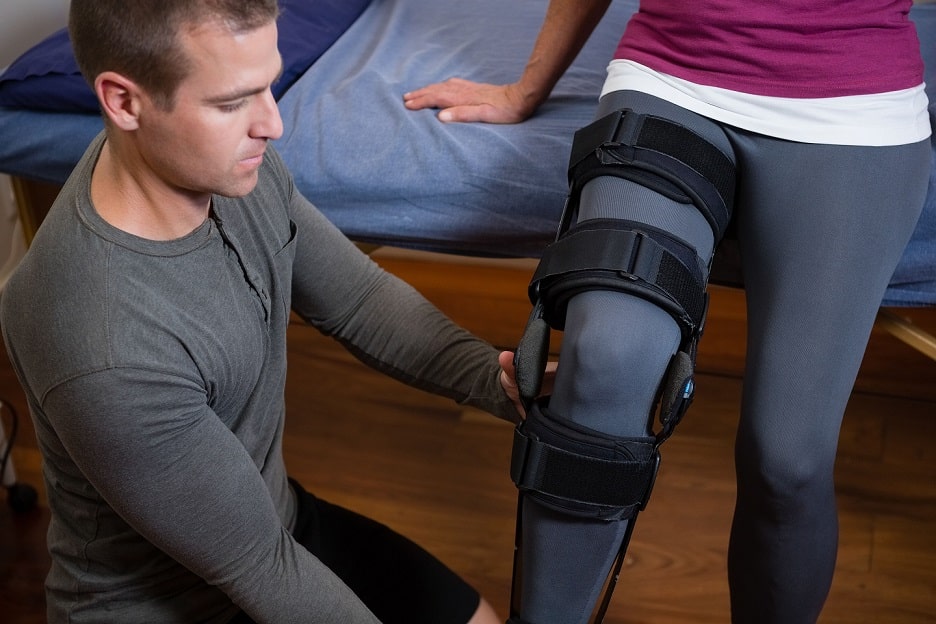 The Defective Premises Act 1972 gives compensation to those who have been injured through defects due to the state of a premises they reside at. These cases are caused by a defect in the property itself, and not something which has been put into the property. For example, a door could form part of the property while a desk may not.
The Defective Premises Act 1972 gives compensation to those who have been injured through defects due to the state of a premises they reside at. These cases are caused by a defect in the property itself, and not something which has been put into the property. For example, a door could form part of the property while a desk may not.
Who is responsible?
A person who builds or extends a property owes a duty to the person who ordered the work, and to every person who acquires an interest in the property to ensure the work is done properly with the correct materials. This duty is discharged if the building was built correctly with correct materials, unless the builder knows of a defect in the instructions and fails to inform the person who ordered the work to be carried out.
The duty to build properties correctly extends to remedial work which should have been carried out. In Andrews v Schooling & Others a tenant rented a ground floor flat which had a cellar. The cellar was damp and Andrews claimed under the Defective Premises Act 1972. The court awarded damages to Andrews as the cellar was part of the building.
What about landlords?
Where landlords are under an obligation to maintain and repair the property they have let, the landlord owes a duty to all those who might reasonably be expected to be affected by the state of the premises to take “such care as is reasonable in all the circumstances to see that they are reasonably safe from personal injury or from damage to their property caused by a relevant defect“. The duty is owed if the landlord knows or ought to have known about the defect.
A “defect” in the case of the law means a defect in the premises at the time when the landlord’s act or omission has constituted a failure of him to carry out his obligation to the tenant for the maintenance or repair of the premises.
EXAMPLE: A tenancy agreement is entered into between a landlord and tenant where the landlord is obliged to maintain and repair the property. After a week the tenant is injured when their foot falls through the floor of the bathroom. On inspection, the reason for the injury was that the floor was extremely weak due to damp. The case here would rest upon whether the landlord knew about the defect or ought to have known about the defect. If he should have, it is likely that the tenant can claim compensation as the landlord should have, or should have known about, the defect.
REFERENCES:
Andrews v Schooling & Others [1991] 1 WLR 783

 The Defective Premises Act 1972 gives compensation to those who have been injured through defects due to the state of a premises they reside at. These cases are caused by a defect in the property itself, and not something which has been put into the property. For example, a door could form part of the property while a desk may not.
The Defective Premises Act 1972 gives compensation to those who have been injured through defects due to the state of a premises they reside at. These cases are caused by a defect in the property itself, and not something which has been put into the property. For example, a door could form part of the property while a desk may not.









